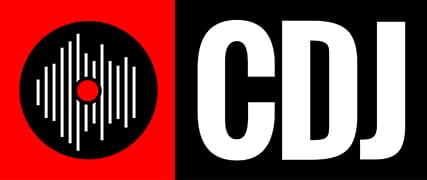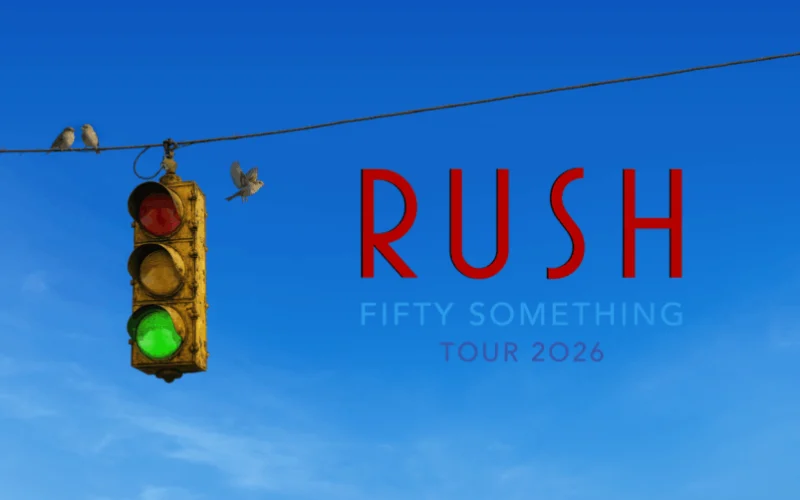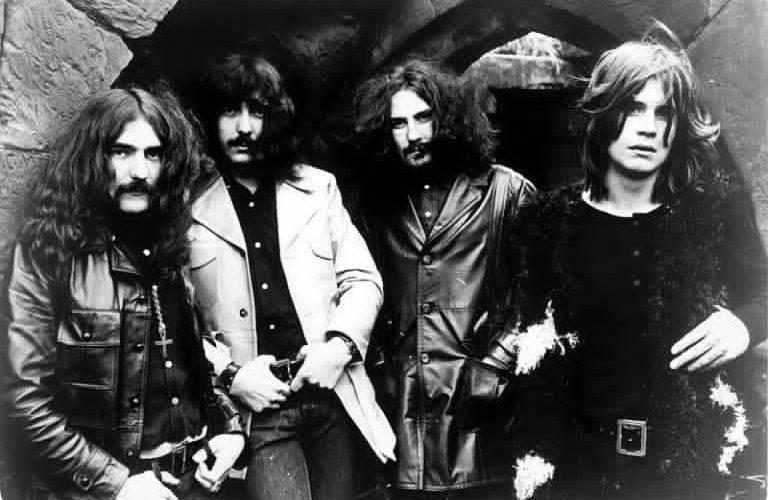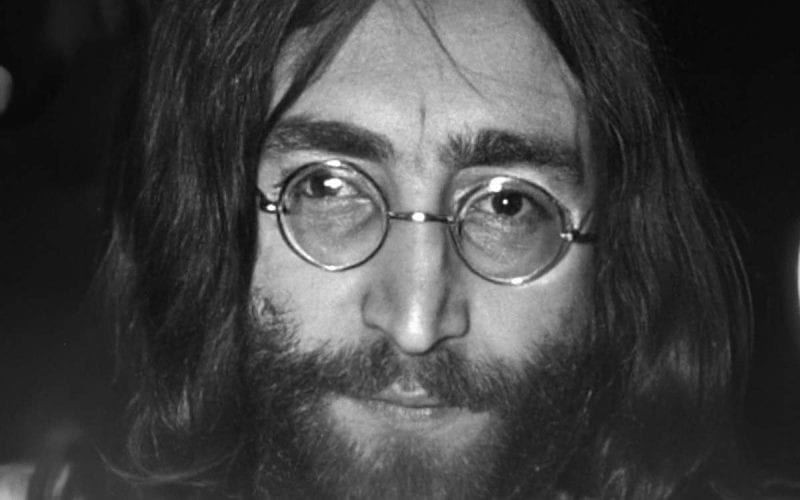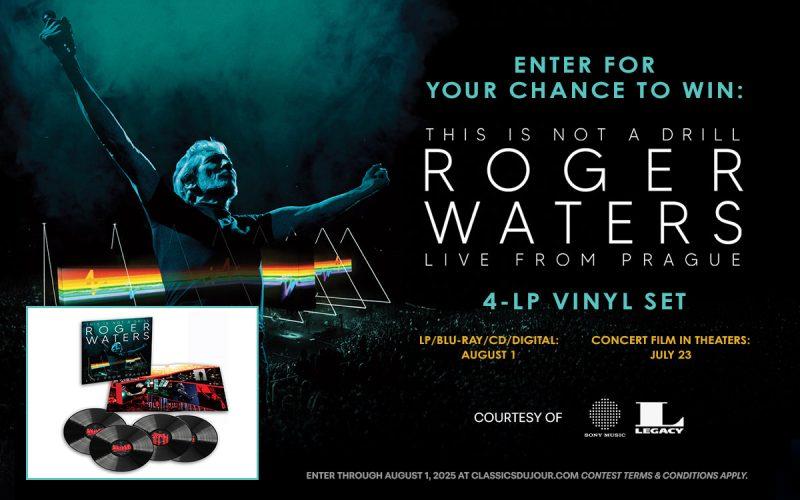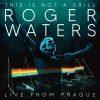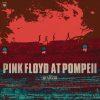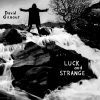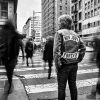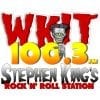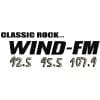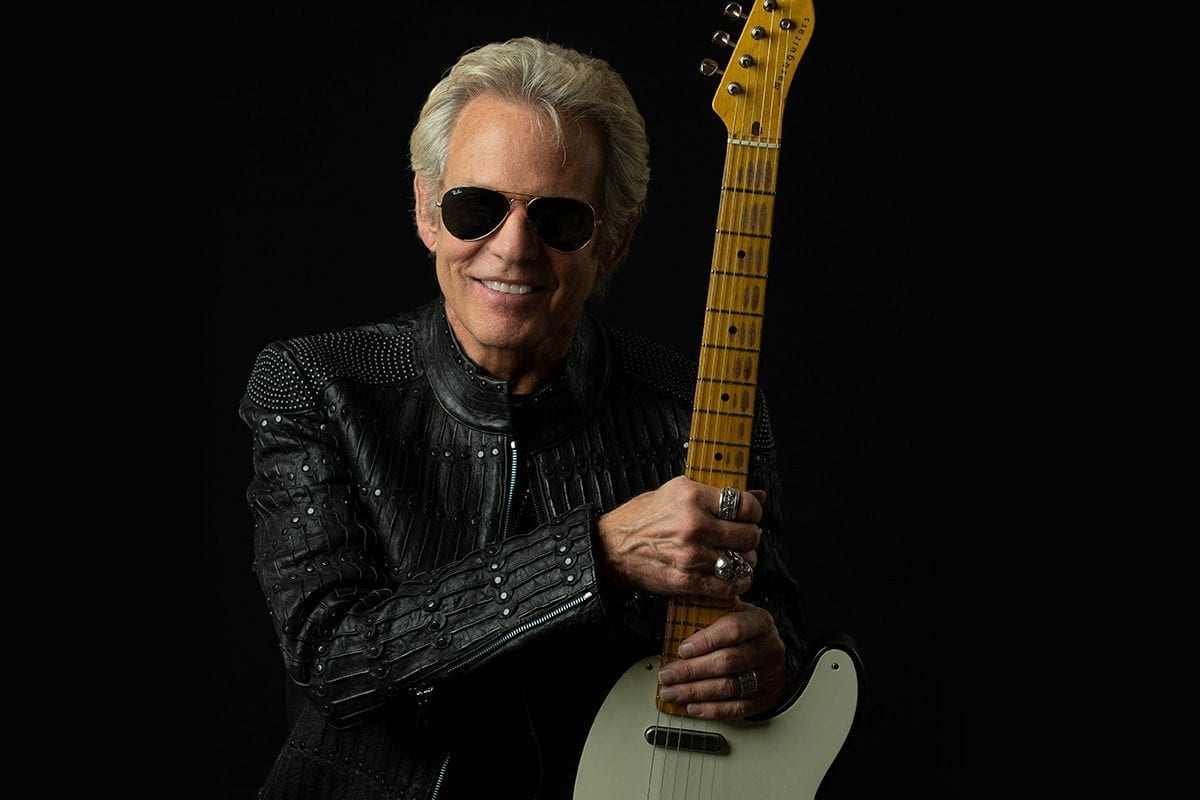
“Both aspects of this occupation are really beautiful and completely segregated, different worlds. I love to walk into a studio when it’s dark, there’s nothing playing, turn on the equipment, no idea, pick up a guitar, start playing something and by the end of the day you’ve made something that’s exciting. I also love taking songs that are finished and people know, going out on stage, performing them live and getting that massive tsunami of emotion back.”
Rock and Roll Hall of Fame member Don Felder’s road to forever being known as one of the top guitarists and songwriters is paved with countless gold and platinum albums, plus unforgettable songs and stage performances. After spending 27 years as the lead guitarist of The Eagles, Felder left the band in 2001, and recently released his second solo album American Rock ‘N’ Roll.
With his latest stint in the studio in his rearview mirror, Felder is once again on the road, kicking off his latest run of shows in support of his solo 11-song solo effort on June 22 in Murphys, CA. The prospect of spending nights in hotels from California to New York don’t phase Felder at all, since as he says, he is as comfortable in the studio as he is on stage.
It’s great to talk to you again, Don. The last time we spoke was for the (2012) release of Road To Forever, so it’s been a few years.
Yeah, you know I can’t put out a record every year or every two years mainly because I’m working. I’m touring pretty much nonstop all year long. If I get somewhere between three and seven days a month off the road at home, I go into my studio – into my studio cave – and literally work until it’s time to leave again. So, since I do tour and spend so much time out of the studio and on the road, I can only put them together so quickly. And then a lot of the times I’ll record more tracks that I want to put on the record and be very selective about what songs I do put out. I think they have to be of a really high quality to satisfy me. And if I’m happy with them then hopefully the audience will be happy with them as well.
I think you’ve hit the mark on this second solo album American Rock ‘N’ Roll, which we’re gonna talk about. You are certainly sharing the shredding and soloing on this album. As a top shelf guitarist in your own right of course, what made you want to pack these tracks with so many guest guitarists?
When I did Road To Forever, I for some reason played every guitar track on the record. (Toto founding member) Steve Lukather was the only guy I invited in to play one solo with me on the title track “Road To Forever.” Everything else on the record was me. But what I thought it lacked was that spontaneity and the creativity of two people sitting in a room together, playing off of one another, making up stuff on the spot. And it became very exciting to me after the first few times we did that. And inspiring, so I wound up doing a lot of that on this record – inviting a lot of guitar players – Alex Lifeson, Slash, Peter Frampton, Orianthi, Richie Sambora. Just a ton of people to come in and work with me on this record because I just felt it was really inspiring to have other people playing with me, instead of just sitting there doing all the guitars myself.
The 11-song set takes off with the soaring title track and comes in for a somewhat soft landing with the tender final track “You’re My World.” The sequencing features the first eight songs kicking some ass, and the last three sort of kicking back. Was that intentional on your part?
Yeah, I think so. When I do a live show, the way you organize things in your live show is you wanna come out strong, getting people excited, bring them in to where in the middle of the show there’s probably a couple of softer ballads, or lighter things, and then you start building from there out.And then once you reach the peak, you can’t leave people at the very top of, like, ending with “Hotel California.” So, we usually do something after that, like “Best of My Love,” or something that just kinda gives everybody a warm, gentle, intimate feeling when they’re walking away from it. And so that was the thought in the sequencing of the album.
It did flow really nicely. Let’s talk about the title track a bit, in which you name check a who’s who list of American rock superstars and features a great solo by the aforementioned Slash.
I was actually at Woodstock myself. One of the 400,000 people that showed up at this just magical weekend. (I) saw Jimi Hendrix, saw Carlos Santana, saw Janis Joplin, saw The Grateful Dead – saw everybody that was there! And it was an indelible, just searing experience into my soul. To see all that. See all those energies. Crosby, Stills, Nash & Young singing in remarkable harmony. And, really to me, became what I considered the largest rock explosion in the world. A lot of these players that were on this record – well, Bob Weir was actually there as well, along with me – but a lot of the other people that were on this record – Slash and (Peter) Frampton and a bunch of other people were all influenced by that event back in 1969. I wanted to write kind of an homage, or a salute, or what I call a rockumentary, musically, about the history of American rock and roll, starting back with Woodstock. And as you go through the verses, it goes from decade to decade to decade, saluting the people that had been influenced by those artists in ’69. And had also risen on their own merit to become icons themselves and continuing to influence other people in the future. So, when I finally got down to the next to the last verse, and I’m writing about Slash and (Guns N’ Roses singer Axl) Rose, I thought, you know I should get Slash to come in and play a little lick or two on that verse that sounds like Slash. So, it just worked out perfectly. The person that starts this song off is (Fleetwood Mac drummer) Mick Fleetwood playing drums. When I hear Mick play, he sounds like 1970, ’71, ’72. That early rock and roll sound that he’s had even before he came to the States when he was with Peter Greene and the old Fleetwood Mac band. I wanted it to start with that energy, then about halfway through I had (Red Hot Chili Peppers drummer) Chad Smith come in and start playing drums on it. So, I wanted it musically to migrate from a sound like Fleetwood into much more aggressive rock as you go forward, in a very subtle way. You don’t really notice when they crossover and change. Where they hand over the baton. It all worked out to where it seemed to where it seemed to as always kind of gelled together in a really wonderful way.
How did you manage to pull Alex Lifeson of Rush out of sort of virtual retirement to join you on the song “Charmed?”
I’ve played a lot of golf with Alex at these charity events. I had heard about three years ago from (Rush drummer) Neil Peart that they were done. That he wasn’t going to play anymore. And I realized that Alex must’ve been just sitting around twiddling his thumbs with nothing to do. So, I reached out to him and said, “Alex, I’ve got this track I’d love to have you play on. And he went, “Where, when, how do we do this, where do I go?” So, I sent him some skims of the track. He said, “Where do you want me to play?” I said, “anywhere you like!” And so, he sent back this just incredible guitar part. And, you know, we sorta did it remote control. I wish we would have been able to sit in the same room together to do it, but he was in Canada and I was in California, and it was just too physically complicated to be able to do that.
Your song “Limelight” – not the Rush song, of course – but your song “Limelight” on this album features not one, but two brilliant guitar players – Richie Sambora who you mentioned, and actually you mentioned Orianthi as well. Tell me a little bit about this one.
When I wrote that I wanted to have a shuffle on this song. And originally, I would have loved to have had (Joe) Walsh play on that track with me because it’s right up his alley. Slide or the shuffle is Joe’s ticket, right. But we couldn’t work out a time and a date to get together to do it, and they (The Eagles) were on the road, and I was in the studio, and then I was on the studio and they were back. And so it was just next to impossible to be able to do that. So, I kept thinking, who else can I get to play on a shuffle, that’s right up their alley. And Sambora jumped into my mind, so I called Richie and he said, “Yeah, sure, come on out to my house. And he has this studio set up in his kitchen. I’ve made records all over the world, but I’ve never made a record in a kitchen. But it was cool. So, Richie and I started jamming and figuring out where he was gonna play and I was gonna play, and so forth and so on, and I turn around and look and I see Orianthi walking down the staircase. I’d known Orianthi since she first came to the States. I think she was like 18 or 19. So I said, “Orianthi, you gotta go get a guitar and play on this record. And she goes and grabs a guitar and plugs it in and just absolutely blows me away. I knew she would. So, I wound up getting Richie and Orianthi and myself on that one track in a manner of about an hour. Just being there at the right place at the right time.
That’s awesome. Appropriately, I think, you’ve got the Red Rocker, Sammy Hagar, sharing vocals on the, I think, arena rocker song “Rock You.” And, as if that wasn’t enough, Joe Satriani is on there with a great solo and Bob Weir chips in with some background vocals. Don, I think at this point you’re just showing off the size of your contact list (laughs).
(Laughs) It’s really not that, it’s just that I’d seen and remembered pictures of us in ’75 standing on the stage at Wembley Stadium in London playing with Elton John. And there was like 110,000 people at this stadium event. When we played songs like “Take It Easy” everybody’s jumping up and down and, you know, doing that sort of stuff. I wanted to write another stadium rocker. That was the idea with that. So, I wrote that track and I started singing the whole thing myself, and I went, you know, I’ve gotta do a duet with this. I don’t want a girl singing with me, like a male-female duet. I wanna find a really great rock voice. Who can I…who would be perfect…wait a minute, Sammy is the guy! I’ve done charity events with Sammy. We’ve been to Cabo Wabo and hung out. I went up and did a thing on his television show for him. And so, I called him up and said, “Sammy, I got this great song, I just need you to sing a duet with me. I’ve written the lyrics. You don’t have to work. All you gotta do is sing.” So, he said, “Okay, fly on up to Sausalito and we’ll do it in my studio.” Literally it doesn’t take but about 45 minutes and we’re done. And very shortly after that, (Joe) Satriani comes in and he and I set up a couple guitars and just make up what you hear. All spur of the moment stuff. It just kind of came together. And as we were wrapping that up, Bob Weir, who has a studio a couple blocks away from Sammy’s place, I see him walking down the hallway and I say, “Bob, you gotta come in and sing on this track. Just sing ‘Rock you!’”
One song I wanted to ask you about and that’s track ten, “The Way Things Have To Be.” That has Peter Frampton on guitar, David Paich of Toto on piano. Share the story of this one.
I’d been playing around with that song idea on piano and finally did a rough demo of it and wrote some lyrics and had David Paich who’s a great pianist actually play the piano part on it himself. I’d gone out with Peter and we’d done about 14 or 15 shows together as Peter Frampton’s Guitar Circus. So, I jumped on a plane and flew to Nashville, to his studio. And it was a matter of minutes and we were actually tracking and recording it. He sings on the harmony, on the choruses with me, too. I was completely unaware of his medical diagnosis at the time. I would of never suspected anything because Peter is the happiest guy I know in the music business. That song “The Way Things Have To Be” was probably somewhere connected to what was going on with him that it was the appropriate song for him to play on.
That had not occurred to me until you just mentioned it, but true. So, let’s leave the studio for a little bit and talk about the stage for a minute. You have some tour dates booked from June 22 at Ironstone Amphitheatre in Murphys, CA through February 15 on the 70’s Rock and Romance Cruise. That should be a fun one. You’re obviously comfortable in both setting, Don, but – the studio and the stage I’m referring to – but where do you feel most at home?
Both aspects of this occupation are really beautiful and completely segregated, different worlds. I love to walk into a studio when it’s dark, there’s nothing playing, turn on the equipment, no idea, pick up a guitar, start playing something and by the end of the day you’ve made something that’s exciting. They don’t always come out to be the greatest creations, but the art of just the creativity part of it is what I really, really love. I also love taking songs that are finished, that people know, going out onstage, performing them live and getting that massive tsunami of emotion back. And gratitude and fun and excitement from those people that know those songs that I co-wrote and toured with and played and recorded with The Eagles for 27 years. And just feel that love and share that love and appreciation for those songs together. So, they’re totally different worlds and both of them just have me hooked, shackled. I can’t give up one for the other or give up touring for the studio. So, I try to balance it the best I can.
Both of those lead me to my final question for you, Don. They have led you to be a member of not one, not two, but three halls of fame: The Rock and Roll Hall of Fame, The Musicians Hall of Fame and Museum in Nashville and The Florida Artist’s Hall of Fame. What advice do you give aspiring musicians who can only dream of one day being enshrined in one of those hallowed halls, let alone three?
Don’t dream of that! Don’t dream of the money. Don’t dream of the glory. Don’t dream of the private jets and the homes and the cars and the women and all of that. That’s not what it’s about. That’s not what drives great careers. The obsession with the passion for just making music, whether you’re playing in a bar of playing in a stadium. If it’s not that unbelievable intense passion that’s burning in you, you shouldn’t be doing it. As a matter of fact, one of the songs on this record – the one I chose Alex Lifeson to play on – that says, “If the music doesn’t have the passion, it’s all lost its charm.” In other words, the planes, the people, the adulation, the top of the charts, all that stuff doesn’t mean anything if what you’re doing isn’t make you over joyously happy and passionate about what you’re doing. I would advice anybody starting out in the music business, don’t be concerned about those false gods, those idols that are out there. That’s not where the satisfaction and the fulfillment come from. It comes from being absolutely passionate and addicted to what you’re doing musically.
I think that is fantastic advice.
I appreciate you taking the time to do this for me, and I hope to see you some time at a show so I can thank you personally for taking the time to do this.
That would be great. Thank you, Don. Take care. Bye-bye.
Alright, bye-bye.
